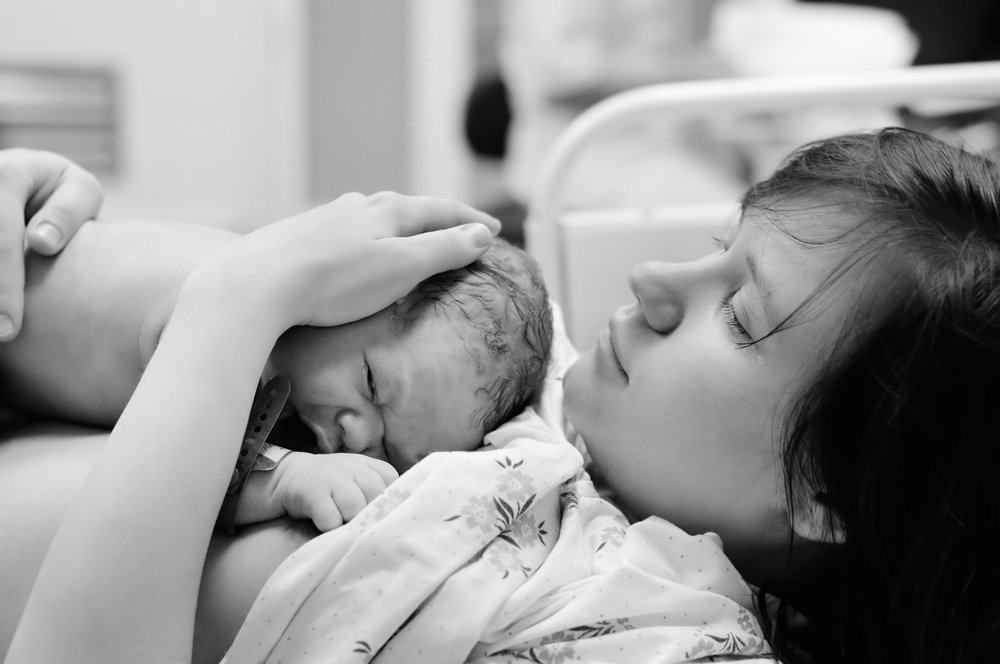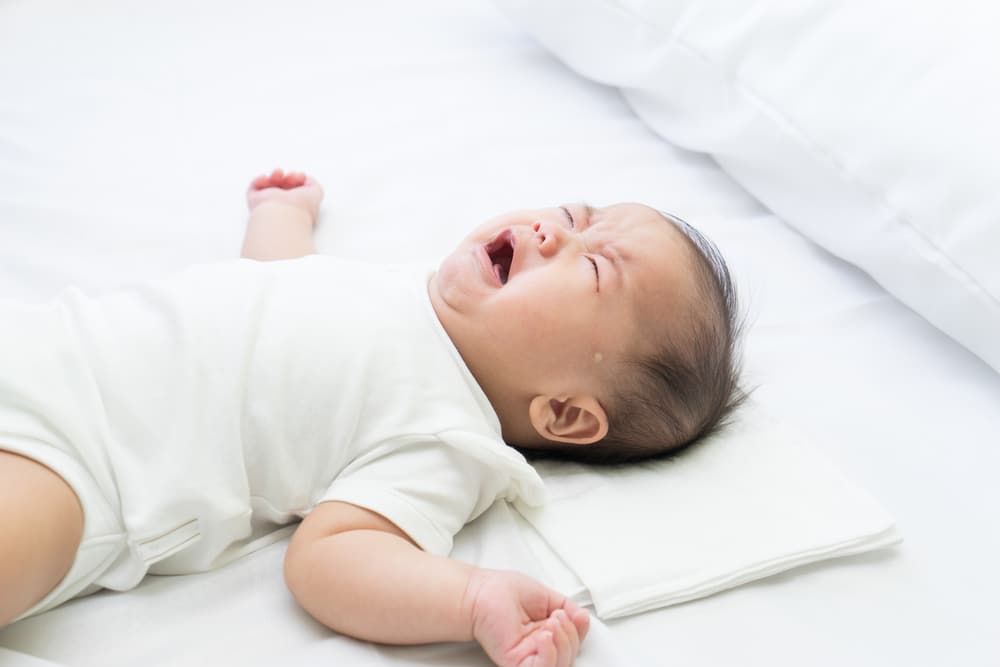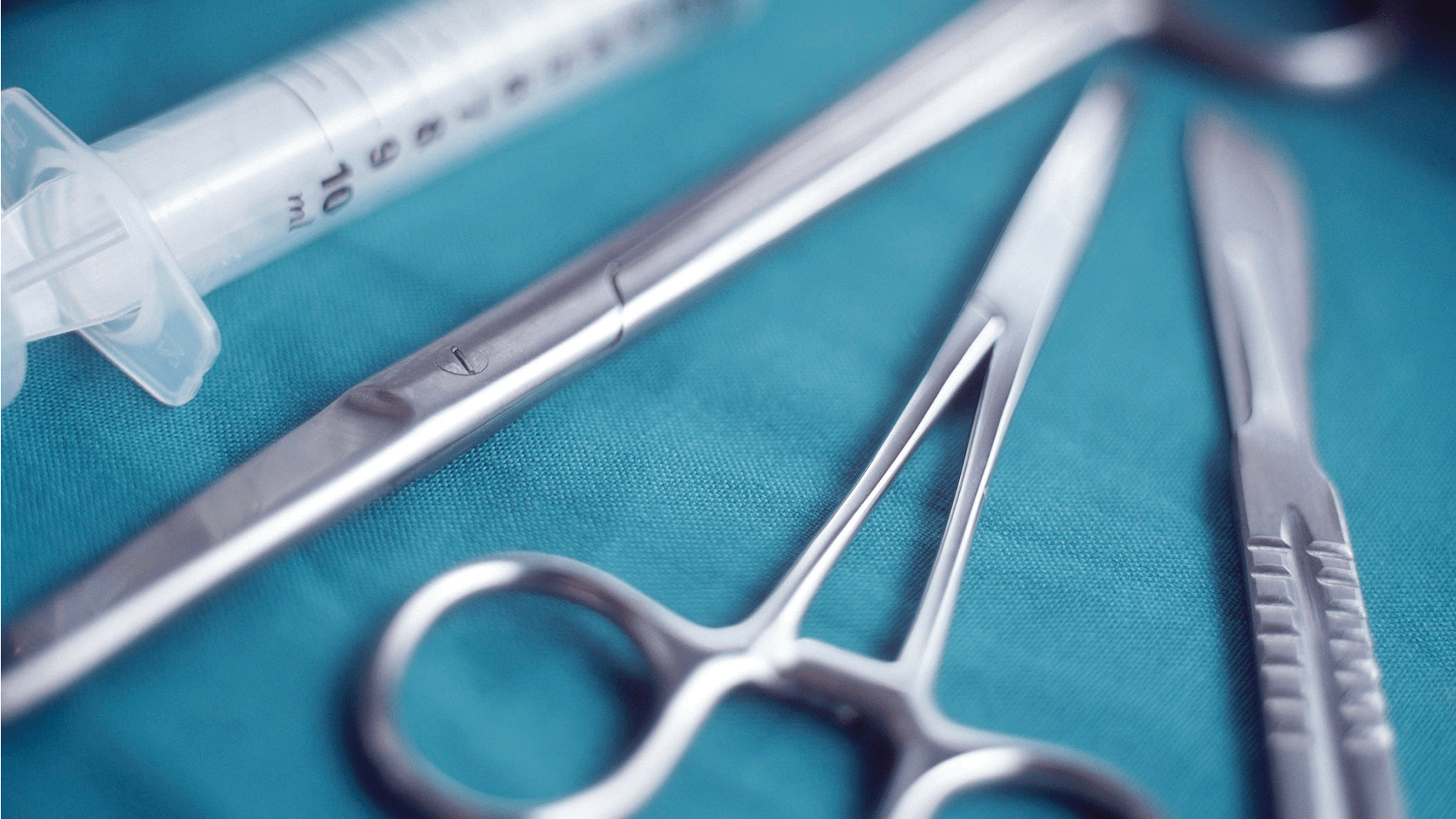Contents:
- Medical Video: Postpartum Care for Mom
- New routine as a mother
- Change in relationship with husband
- Baby blues or even depression postpartum
- Changes in the body
- 1. Changes in body weight
- 2. Full and swollen breasts
- 3. Perineal pain
- 4. Vaginal bleeding
- 5. Abdominal cramps
- Conclusion
Medical Video: Postpartum Care for Mom
The period after giving birth to a baby may be the happiest period, but this period is also a time of healing and adjustment for the mother. These times are calledpostpartum or maybe better known as the puerperium. This term refers to the first six weeks after giving birth. Postpartum period is an important period for mother and baby. However, besides being important, this period also sometimes gives its own difficulties for the mother. What adjustments will a mother experience, what things need to be done? Next we will discuss one by one.
New routine as a mother
Adapting to the daily routine after giving birth will provide its own challenges, especially if you have just become a mother. Although maintaining and caring for your baby is important, keep in mind that your personal health is also important.
Most new mothers do not return to work for at least 6 weeks after giving birth. This pause gives the time for the mother to adapt to her new environment. Because newborns should be fed and replaced with diapers regularly, it is likely that they will experience lack of sleep. This can sometimes be very tiring and frustrating. However, the good news, you will quickly get used to this.
As you try to adapt, you can try the following things to make your transition period easier:
- Plenty of rest: Sleep as often and as long as possible when you have the opportunity so you are not easily exhausted. Newborns will usually wake up every two to three hours. You can go to sleep while your baby is sleeping.
- Look for help: do not hesitate to receive help from your family or friends. While your body needs time to recover, their help will be very helpful to give you enough space and time to rest.
- Eat nutritious and healthy foods: Maintaining a diet can speed up your healing. Increase consumption of wheat, vegetables, fruit and protein. Don't forget to drink plenty of water, especially if you are breastfeeding.
- Exercise: Ask your doctor if you can exercise. Start from light activities that are not too draining. You can walk around the house, see the sights around you can increase your energy.
Change in relationship with husband
Newborns are new to all family members and can change the dynamics of your relationship and your partner. During the puerperium, you and your partner may also spend more time together with quality. This can be a burden, and of course you have to have a solution.
For starters, be patient. Understand that all couples who have newborns also experience the same thing. You and your partner only need time to adapt and everything will improve soon. Taking care of a newborn will be easier every day.
Remember, communication is important in the family. If someone feels unattended — both your spouse and an older child, talk about it and try to understand them. Although babies need great attention, you don't need to feel guilty when you have to spend quality time together with your partner.
Baby blues or even depression postpartum
If you experience baby blues at the time postpartumthis is a natural thing. This usually occurs several days after giving birth and can last up to two weeks. In most cases, you will not experience symptoms over time and the degree of your symptoms may vary. About 70-80% of mothers experience erratic mood changes or mood swings after giving birth. The symptoms that you can feel include irritability, insomnia, sadness, mood swings, and fatigue.
If your symptoms last for more than two weeks, you may need to consult a doctor. Baby blues those that last more than two weeks can indicate you are depressed postpartum. The accompanying symptoms include guilt, worthlessness, and disruption in carrying out daily activities.
Changes in the body
Not only emotions and moods, your body also changes after giving birth. Weight loss will not occur in a short time, so of course you have to be patient. If the doctor has allowed you to exercise, you can start with light exercise which then gradually becomes more intense and heavy. Losing weight must also be balanced with a healthy and balanced diet. What changes will occur to your body during the puerperium?
1. Changes in body weight
Every new mother has a different weight loss, so don't compare your body with another woman's body. Breastfeeding can also help you lose weight because it will increase calorie burning.
2. Full and swollen breasts
In addition to weight, feeling full and swollen in the breast may also disturb you. Take it easy, this swollen and full feeling will improve over time. To relieve your discomfort, you can compress your breasts. If your nipples hurt, you can use a special cream to relieve the pain.
3. Perineal pain
After giving birth, the area around your vagina and rectum (perineum) may require special attention. This area will usually stretch and tear during childbirth. To help cure it, you can do Kegel exercises, compress cold areas, and sit on a pillow to reduce pain.
4. Vaginal bleeding
You may also get fluid from your vagina. This naturally occurs in two to four weeks after giving birth and is a process of removing blood and tissue from your uterus. You can use sanitary napkins until your vaginal fluid stops. Do not use tampons and plunge your pubic area before the doctor allows it because it can increase the risk of infection. If your vaginal fluids smell or the blood coming out is very heavy, you should immediately contact a doctor.
5. Abdominal cramps
The uterus that shrinks after giving birth can also cause abdominal cramps. This pain will decrease over time, you can ask your doctor about what medicines are safe for you to consume.
Conclusion
The postpartum period can be a challenging time for you mothers and families. However, this will improve over time. Don't hesitate to consult a doctor if you have concerns regarding your condition both physically and mentally.












